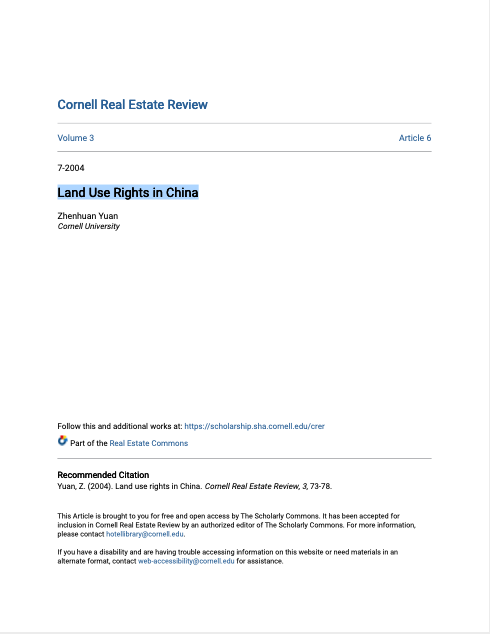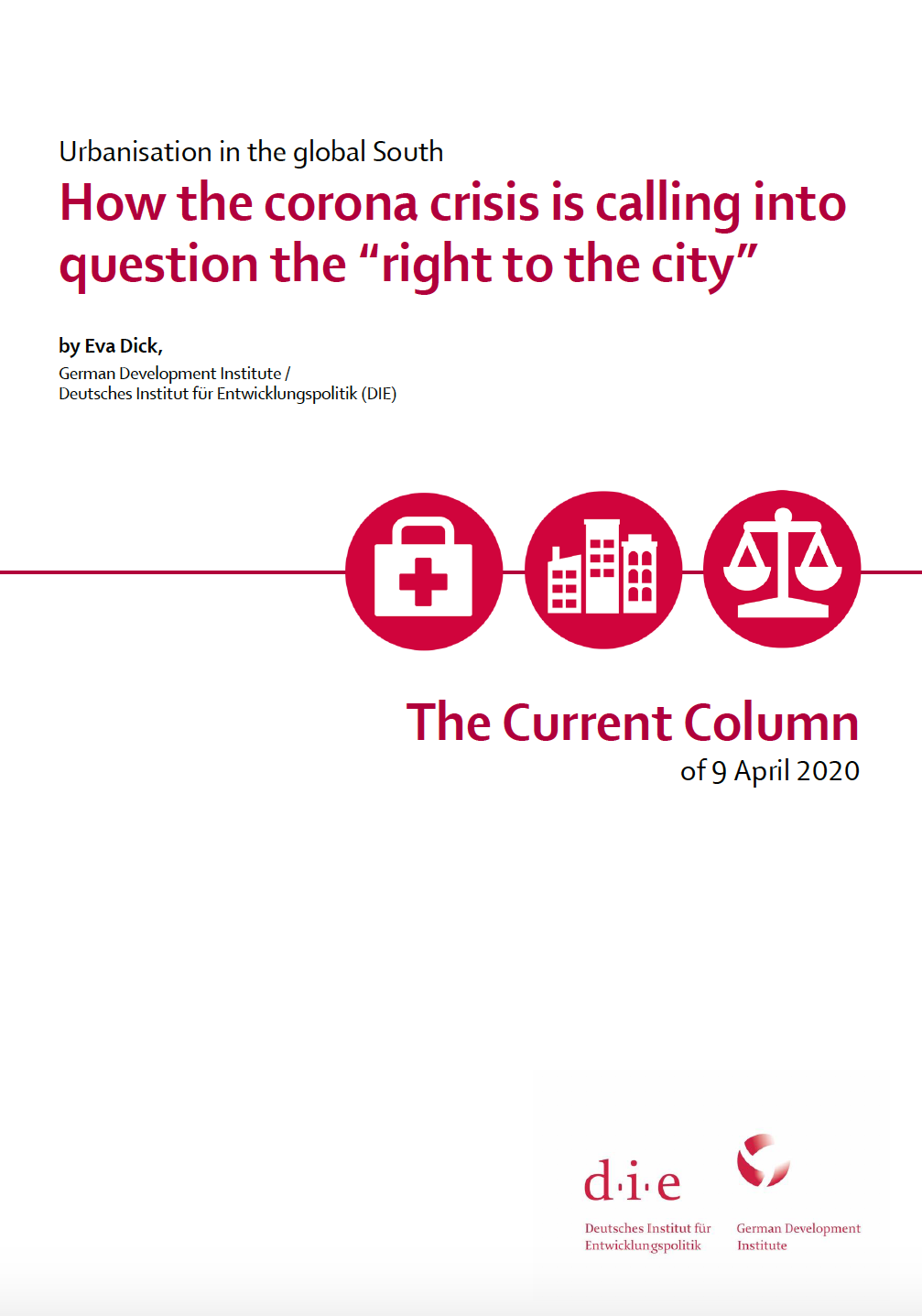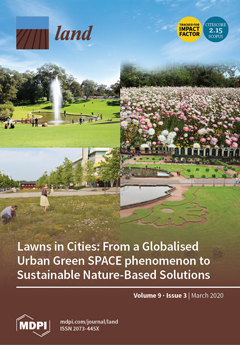Women's empowerment and gender equity in agriculture: A different perspective from Southeast Asia
Women's empowerment is considered a ‘prerequisite’ to achieving global food security. Gender systems, however, are diverse and complex. The nature and extent of gender inequity and the conditions necessary to empower women vary across countries, communities and regions. The study of different gender systems is thus fundamental to capture cross-cultural variations in gender specific needs and constraints to effectively address gender gaps.





